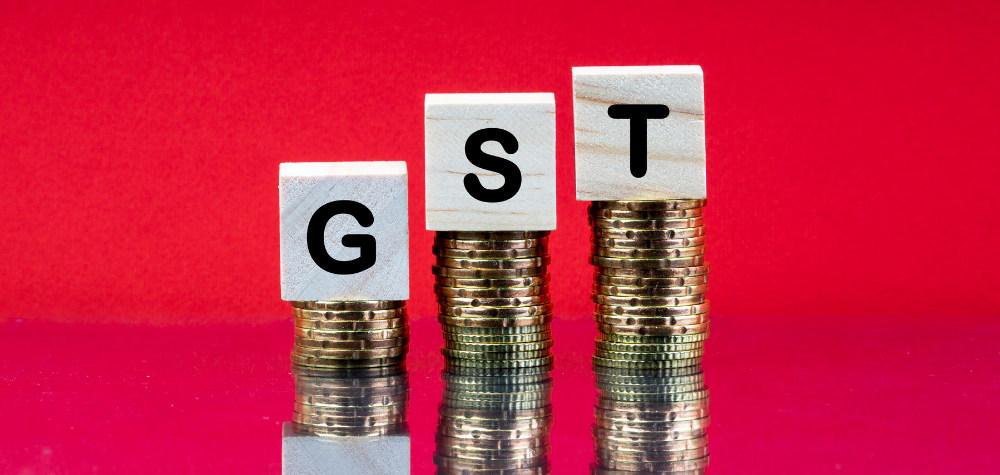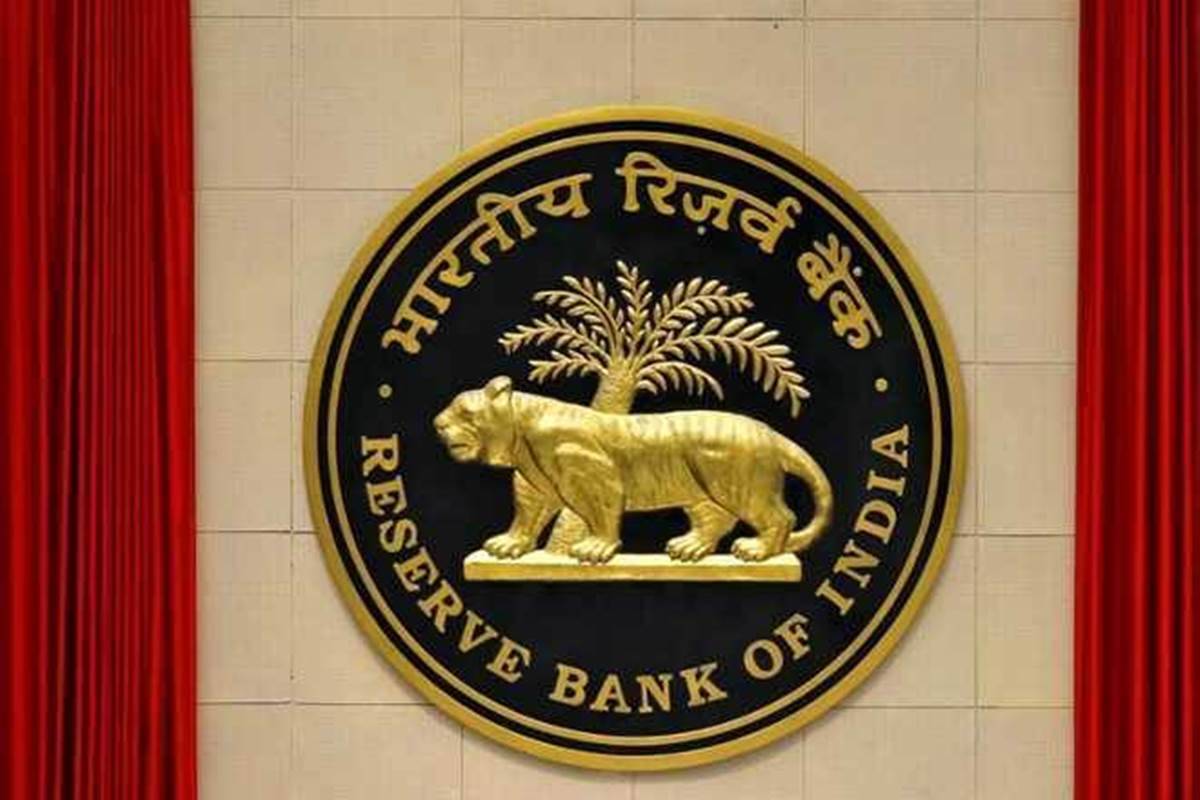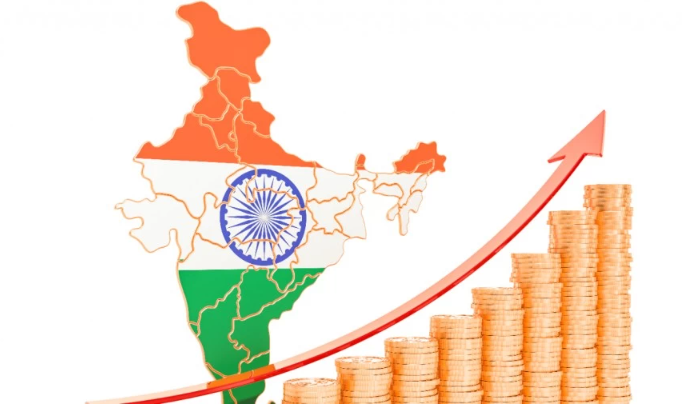
Six years of Goods and Services Tax (GST)
- अगस्त 8, 2023
- 0
The Goods and Services Tax (GST), an indirect tax system that is considered a remarkable example of cooperative federalism, has completed six years of existence. When the new indirect tax system was implemented on July 1, 2017, the government’s revenue as GST for each month during the first 20 months was less than 1 lakh crore rupees. The government is now receiving more than 1.5 lakh crore rupees in revenue every month, although major sources of revenue for the government such as petroleum, alcohol, real estate, and electricity are still outside the purview of GST.
According to the Chairman of the Central Board of Indirect Taxes and Customs (CBIC), Vivek Johri, there is evidence of economic improvement, which is why GST collections are consistently increasing. Johri stated, “This time there is another reason for the increase in GST collection, which is consistency in tax compliance. This is evident in the filing of returns, which has reached 80-95 percent this time. Previously, the compliance rate for filing returns used to be around 65-70 percent.” “We have established a standardized operating procedure that is followed by both the central and state governments. For instance, if the deadline for filing returns is the 20th of the month, we come to know about those who have not filed their returns on the next day. The CBIC is using continuous data analytics to increase GST collection. As a result, both indirect and direct tax collections have increased.”
Jauhari stated that the tax department has used data analytics to crack down on individuals who have presented fake bills and set up fraudulent companies. He mentioned that it has aided in changing the behavior of individuals who were not paying taxes regularly. “Such taxpayers used to remain hidden for a few months and then suddenly become active. By implementing the system of filing returns in a sequential manner, we have made it difficult for them to evade taxes. Under the system of filing returns sequentially, if a taxpayer does not file GSTR 1 for a particular month, they are barred from filing GSTR 1 for the next month.”
Johri explained that when GST officials discover significant tax evasion, we share the information with the Income Tax Department under a special arrangement. “It is natural that if GST is not paid, then income tax will also not be paid, and sometimes cases of tax evasion of another kind come to light. In such situations, we share information with agencies responsible for investigation. All information related to major cases of tax evasion is shared under a standard framework.”
According to a survey, representatives from the industry agreed that the cost of goods and services has decreased compared to before, as supply chains have become stronger and the adverse effects of various taxes have reduced. The objective of GST is to eliminate shortcomings that affect revenue collection and make input tax credit seamless. This reduces the burden of taxes on businesses and increases their profits. As a result, there is an increase in revenue collection through GST.
However, according to the data, there is still a need to bring petroleum, certain aspects of real estate, electricity, and alcohol under the GST system. However, the states are not currently in favor of this change because the revenue sharing in the states’ Goods and Services Tax (SGST) is still based on the pre-GST levels.
वस्तु एवं सेवा कर (जीएसटी) के 6 साल
सहयोगात्मक संघवाद का नायाब नमूना समझे जाने वाली अप्रत्यक्ष कर प्रणाली वस्तु एवं सेवा कर (जीएसटी) को अस्तित्व में आए छह वर्ष पूरे हो चुके हैं। जब 1 जुलाई, 2017 को यह नई अप्रत्यक्ष कर व्यवस्था लागू हुई थी तो पहले 20 महीने के दौरान सरकारी खजाने में राजस्व के रूप में प्रत्येक महीने 1 लाख करोड़ रूपये से कम रकम आ रही थी। जीएसटी से प्रत्येक महीने तब 1.5 लाख करोड़ रूपये से अधिक राजस्व मिल रहा है जबकि सरकार के लिए राजस्व के बड़े स्त्रोत पेट्रोलियम, अल्कोहल, रियल एस्टेट का एक हिस्सा और बिजली जीएसटी व्यवस्था से अब भी बाहर हैं।
केद्रीय अप्रत्यक्ष कर एवं सीमा-शुल्क बोर्ड (सीबीआईसी) के चेयरमैन विवके जौहरी ने कहा कि अर्थव्यवस्था में सुधार दिख रहा है, यही कारण है कि जीएसटी संग्रह के आंकड़े लगातार बढ़ रहे हैं। जौहरी ने कहा, ‘इस बार एक अन्य कारण से भी जीएसटी संग्रह में बढ़ोतरी दर्ज की गई है और वह है कर अनुपालन में मुस्तैदी। यह बात रिटर्न फाइलिंग में भी दिख रही है जो इस बार 80-95 प्रतिशत तक पहुंच गया है। जीएसटी लागू होने से पहले रिर्टन दाखिल करने की दर 65-70 प्रतिशत हुआ करती थी।‘, ‘हमने एक मानक संचालन प्रक्रिया तय कर रखी है जिसका पालन केंद्र और राज्य दोनों करते है। मसलन, अगर रिटर्न दाखिल करने की आखिरी तारीख 20 तारीख है तो इसके अगले दिन रिटर्न दाखिल नहीं करने वाले लोगों के बारे में हमें पता चल जाता है। जीएसटी संग्रह बढ़ाने के लिए सीबीआईसी लगातार डेटा एनालिटिक्स का इस्तेमाल कर रहा है। इससे अप्रत्यक्ष कर संग्रह तो बढ़ा ही है, साथ में प्रत्यक्ष कर संग्रह में भी इजाफा हुआ है।
जौहरी ने कहा कि कर विभाग ने उन करदाताओं पर नकेल कसने के लिए डेटा एनालिटिक्स का इस्तेमाल किया है जिन्होंने नकली बिल दिखाकर छल किया है और फर्जी कंपनियां खड़ी कर रखी हैं। उन्होंने कहा कि इससे कर भुगतान नहीं करने वाले लोगों के अजीब व्यवहार को बदलने में भी मदद मिली है। ऐसे करदाता जो कुछ महीनों तक छुप जाते हैं और फिर अचानक सक्रिय हो जाते हैं। हमने क्रमागत रिर्टन दाखिल करने की व्यवस्था लाकर उनके लिए कर देनदारी से बचना मुश्किल बना दिया है। क्रमागत रिटर्न दाखिल करने की व्यवस्था के तहत अगर कोई करदाता किसी महीने के लिए जीएसटीआर 3बी दाखिल नहीं करता है तो अगले महीने उन्हें जीएसटीआर 1 दाखिल करने से रोक दिया जाता है।’
जौहरी ने कहा कि जब भी जीएसटी अधिकारियों को किसी बड़ी कर वंचना का पता चलता है तो इससे जुड़ी जानकारी एक विशेष व्यवस्था के तहत आयकर विभाग के साथ साझा की जाती है। ‘यह स्वाभाविक है कि अगर जीएसटी भुगतान नहीं होता है तो आय कर भुगतान भी नहीं होगा और कभी-कभी कर वंचना के दुसरे मामले भी सामने आते हैं। उस स्थिति में हम आगे जांच के लिए सूचनाएं कानून लागू करने वाली एजेंसियों के साथ साझा करते हैं। एक मानक ढ़ांचे के तहत कर वंचना से जुड़े बड़े मामलों से जुड़ी सभी जानकारियां साझा की जाती हैं।
‘एक सर्वेक्षण के अनुसार उद्योग जगत के प्रतिनिधियों ने माना है कि आपूर्ति व्यवस्था मजबूत होने और विभिन्न तरह के करों के प्रतिकूल प्रभाव दूर होने से वस्तु एवं सेवाओं पर लागत पहले की तुलना में कम हो गई है। जीएसटी का मकसद कर संग्रह पर असर डालने वाली खामियों को दूर करना और इनपुट टैक्स क्रेडिट निर्बाध बनाना है। इससे कारोबारियों एवं कारोबारी प्रतिष्ठानों पर करों का बोझ कम हो जाता है और उनका मुनाफा भी बढ़ता है। इस तरह कारोबारी मुनाफा बढ़ने के कारण आयकर संग्रह में इजाफा होता है।
हालांकि, आंकडों के अनुसार पेट्रोलियम, रियल एस्टेट के कुछ हिस्सों, बिजली और अल्कोहल को भी जीएसटी प्रणाली के तहत लाने की जरूरत है। मगर राज्य इस पर राजी नहीं हो रहे हैं। क्योंकि राज्यों के कर राजस्व (ओटीआर) में जीएसटी से प्राप्त राजस्व की हिस्सेदारी कमोबेश जीएसटी लागू होने के पूर्व के स्तरों पर ही है।































































